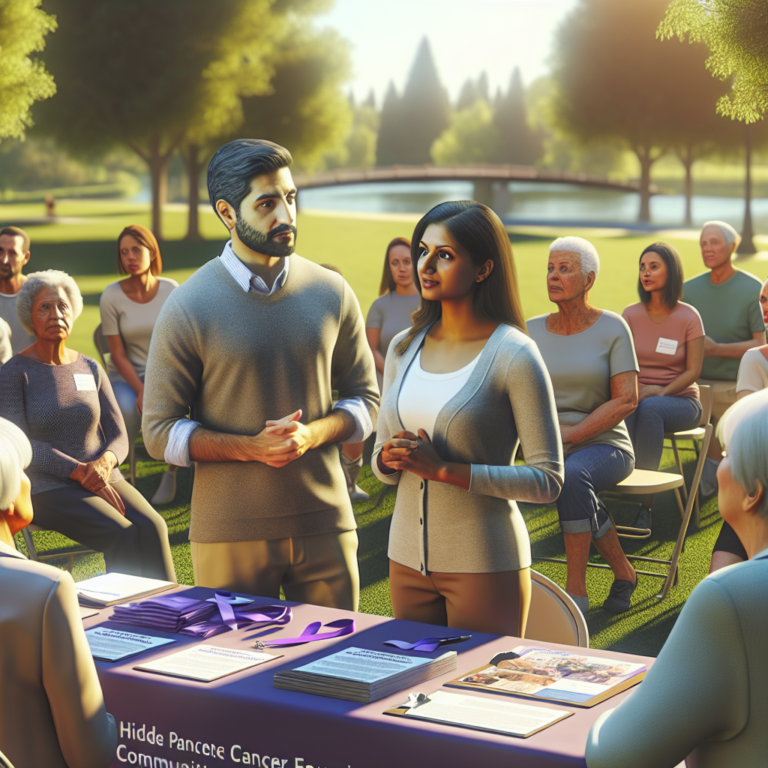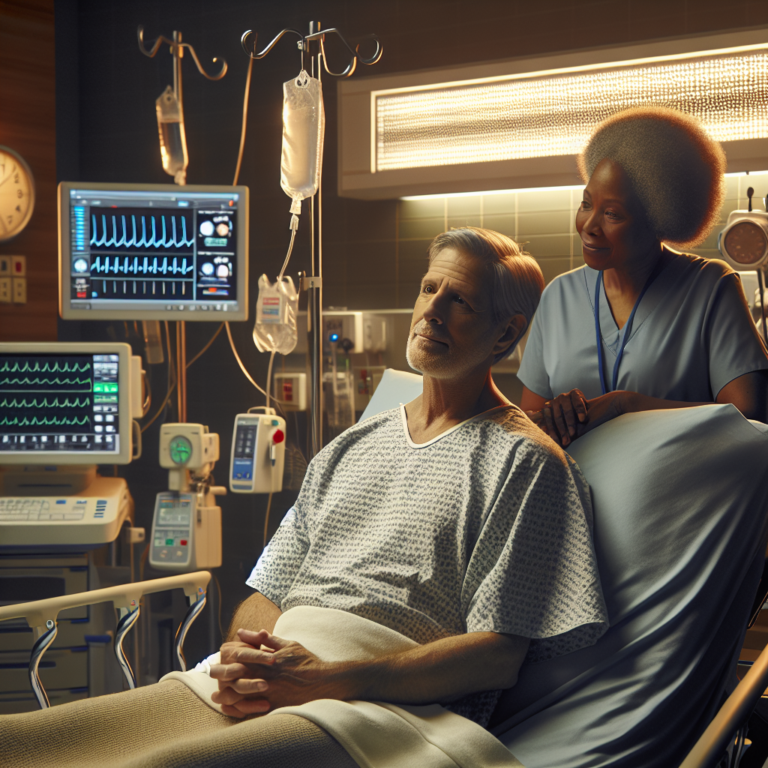Embracing Gratitude: The Power of Not Taking Anything for Granted

In June 2015, Susan Zbacnik’s life took an unexpected turn when she began experiencing unexplained weight loss and fatigue. Initially, she welcomed the weight change, thinking it was a positive sign after struggling with her weight for years. However, as her symptoms intensified, including noticeable changes in her bowel movements, she quickly realized something was profoundly wrong. A visit to her doctor revealed a shocking diagnosis: pancreatic cancer.
Early Signs and Diagnosis
- Weight Loss and Fatigue: Susan’s weight dropped without explanation, and fatigue became a constant companion.
- Diagnostic Journey: Blood tests indicated elevated liver enzymes. A CT scan later confirmed a tumor on her pancreas, leading to a pancreatic cancer diagnosis.
- Support from PanCAN: After her diagnosis, Susan reached out to the Pancreatic Cancer Action Network (PanCAN), which provided essential resources and support through their Patient Central services.
In July 2015, after a series of diagnostic tests, Susan underwent a Whipple procedure at Sherman Hospital under the care of Dr. John Brems. As a clinical social worker, she focused on returning to work part-time shortly after her surgery, which helped keep her spirits high.
Navigating Treatment
Susan’s journey through treatment was marked by resilience and determination. After her surgery, she learned from her oncologist, Dr. Veerpal Singh at Illinois Cancer Specialists, that her cancer was at stage IIb, necessitating chemotherapy and radiation.
- Chemotherapy Regimen: She completed 12 weeks of chemotherapy with gemcitabine (Gemzar) from September to December 2015.
- Radiation Therapy: In January 2016, she underwent six weeks of radiation combined with chemotherapy using capecitabine (Xeloda), finishing her treatment in mid-February, followed by another round of chemotherapy until May.
Susan continued to work throughout her treatment, as staying engaged with her job significantly uplifted her mood.
Molecular Profiling and Genetic Testing
In May 2016, Susan received a call from PanCAN inviting her to participate in the Know Your Tumor® program, which analyzes the molecular profile of tumors to tailor treatments effectively. This opportunity empowered her, especially since both of her grandfathers had pancreatic cancer and her grandmothers had breast cancer.
- Genetic Testing: Following her participation, she learned she did not carry the BRCA mutation, which was a relief. Despite this, she opted to continue with the trial treatments to contribute to future research.
In January 2017, Susan chose Dr. Malcolm Bilimoria as her surgeon due to his comprehensive care approach, including regular monitoring and a supportive network of healthcare professionals.
Participation in Clinical Trials
Susan’s involvement in a phase I immunotherapy trial at the Karmanos Cancer Center in Detroit marked another step in her journey. Under the guidance of Dr. Anthony Shields, she participated in a study intended to assess tolerable doses for the immunotherapy vaccine.
- Travel for Treatment: Traveling from her home in Chicago to Detroit every two weeks, Susan stayed committed to the trial, receiving vaccinations and follow-up care.
Despite not having the BRCA mutation, she remained dedicated to the study, hoping to pave the way for advancements in treatment for other patients.
The Importance of Support and Staying Active
Reflecting on her experiences, Susan emphasized the crucial role of her support network throughout her diagnosis and treatment journey. From family to support groups, she found strength and encouragement that made all the difference.
- Support Groups: Joining a pancreatic cancer support group not only provided her with vital resources but also enabled her to help others facing similar challenges.
- Staying Active: An active lifestyle played a significant role in her recovery. Susan resumed her regular Jazzercise classes just a week after her surgery.
Her humorous perspective on life, illustrated by her saying about tuna fish and survival rates, reminded her to cherish every moment. Despite the uncertainty of her cancer journey, she felt grateful for the time she had.
Legacy of Hope
Susan’s journey with pancreatic cancer, marked by her willingness to explore clinical trials and cutting-edge treatments, serves as an inspiring legacy for others battling this challenging disease. Her courage and proactive approach reflect a commitment to not only her health but also to the hope she instilled in future pancreatic cancer patients.
Tragically, Susan passed away seven years after her diagnosis. Her story and determination to fight for better treatment options continue to resonate with many.






